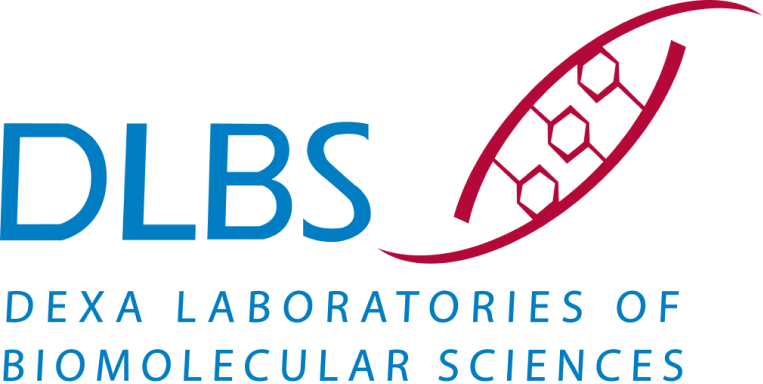Dexa Group advocates for the development of traditional herbal medicine through Indonesia Indigenous Modern Medicine in the webinar titled “Jamu: Dulu, Kini, dan Nanti.”
- Corry Saputra
- May 30, 2024
- 2 min read
Updated: Dec 26, 2024

Indonesia’s potential wealth in natural resources, as the second-largest country in terms of biodiversity, boasting over 28 thousand species of plants and 2,848 medicinal plants, presents significant opportunities for the development of natural medicine and Indonesia Indigenous Modern Medicine (OMAI) phytopharmaceuticals. Dra. Reri Indriani, Senior Expert Pharmacist and Food Supervisor at BPOM, emphasized the crucial role of regulatory support and oversight in the development of natural medicines in Indonesia.
“Despite Indonesia’s abundant natural resources, the value-added remains low, with 80% of natural ingredients still being imported,” stated Dra. Reri during the “Jamu: Past, Present, and Future” webinar held in Jakarta on Wednesday, May 29, 2024.
The event was attended by Prof. Raymond Tjandrawinata, Director of Business Development and Scientific Affairs at Dexa Group, Mr. Joni Yuwono, Chairman of the Association of Herbal Entrepreneurs, and Mr. Jaya Suprana, President Commissioner of Jamu Jago.
Dra. Reri explained that traditional herbal medicine in Indonesia has been recognized as Intangible Cultural Heritage by UNESCO. However, the development of herbal medicine has not yet met expectations, necessitating standardization and modernization efforts.
“The modernization of natural medicine manufacturing is highly necessary, especially with the increasing number of businesses implementing Good Traditional Medicine Manufacturing Practices and the rise in the issuance of herbal medicine permits during the pandemic, reaching 40%,” she added.
Prof. Raymond Tjandrawinata echoed the importance of standardization and modernization for natural medicine, including through Original Indonesian Modern Medicine, to ensure product quality and sustainability, as well as to compete in the global market.
“Foreign herbal medicines such as Traditional Chinese Medicine (TCM) and Ayurveda already utilize modern techniques. Standardization for herbal medicine, Standardized Herbal Medicine, and phytopharmaceuticals must be continuously improved. To become curative, herbal medicine must adhere to international standards with clinical trials, pre-clinical studies, and toxicology assessments,” he explained.
Through its Obat Modern Asli Indonesia (OMAI) products, Dexa Group has demonstrated that standardized and scientifically tested herbal medicines can be accepted in the international market. “OMAI is already being used by doctors in several ASEAN countries. This is evidence that Indonesian herbal medicine has significant potential to go international,” Prof. Raymond added.
Mr. Jaya Suprana, President Commissioner of Jamu Jago, emphasized the importance of marketing strategies for Indonesian herbal medicine to compete with TCM and Ayurveda. “Indonesia should take pride in our national products. Herbal medicine must go international, and Indonesia’s healthcare system must not be inferior to those of China and India. The success story of recognized UNESCO heritage herbal medicine carriers is proof that we can,” he emphasized.
Mr. Joni Yuwono, Chairman of the Association of Herbal Entrepreneurs, added, “The herbal medicine industry in Indonesia is dominated by Micro, Small, and Medium Enterprises (MSMEs), accounting for 87.2%, yet herbal medicine exports only reach 5% of total spice exports, amounting to USD 41.5 million in 2021. With 75% of the world’s medicinal plant species, let us together introduce Indonesian herbal medicine to the world,” he concluded.
